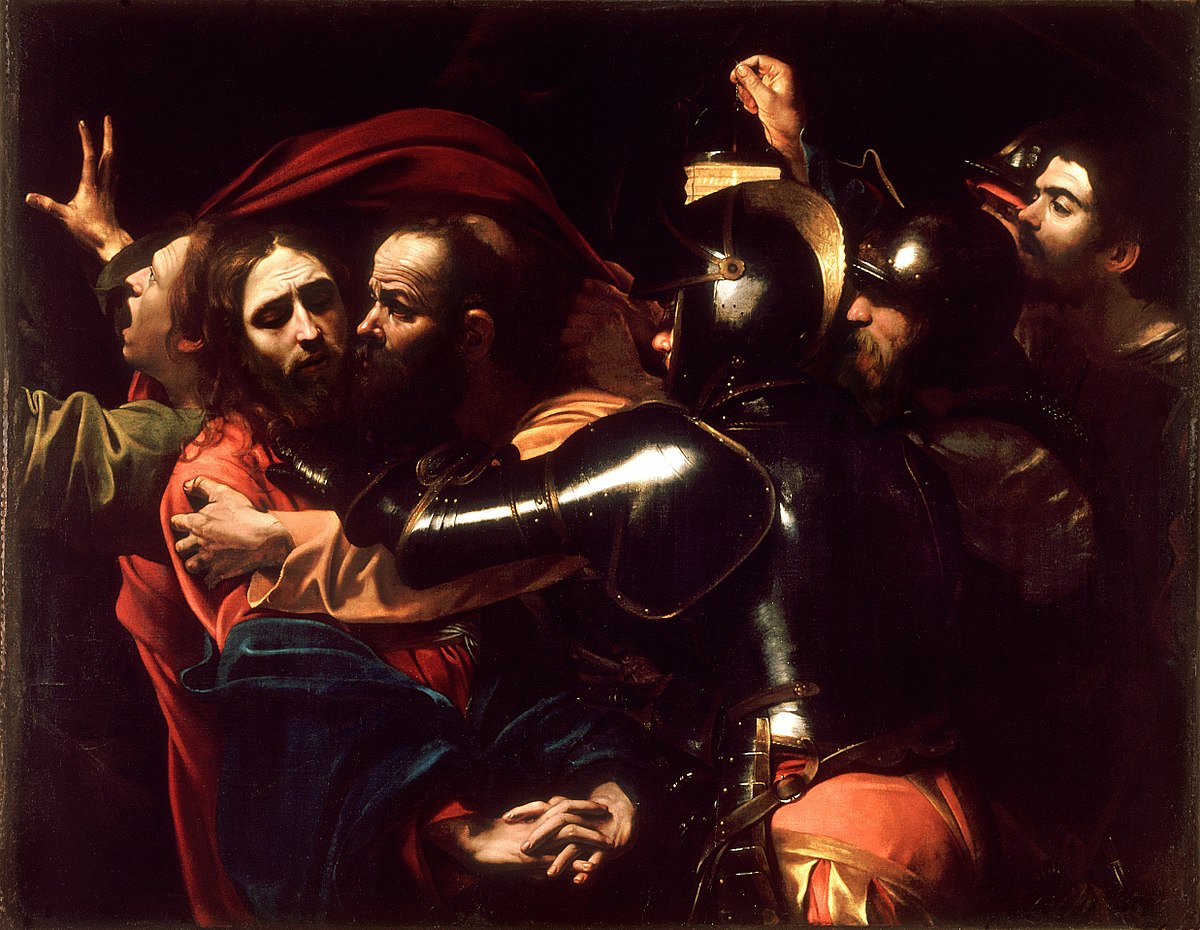
Jesus spent the last night before his death in custody. This overlooked fact ought to prompt Christians – and perhaps wider society – to consider the plight of those in prison in a special way at Easter.
After all, regardless of what you might make about claims that he is the Christ, no one thinks that Jesus was rightfully convicted of a crime. Jesus was betrayed, detained, falsely prosecuted, robbed, stripped, humiliated – a scenario that is rightly understood as sexual abuse – and then put to death as a public spectacle. These facts are widely known, albeit in a vague sort of a way. It is no longer the case that large numbers of people find their life nourished by reflecting on the spiritual implications of these events. But it seems even more rare that we would reflect on their contemporary societal implications.
Working in the Jesuit Centre for Faith and Justice, one is commonly confronted with the fact that the modern prison is a black hole. The walls around the site are intended to keep the residents in situ, but it is as if they metaphysically function to keep our attention out. Issues that engender heated debate in wider society fall mute when they apply to those in prison. Abuses and oversights that might make front page news in ordinary society appear unremarkable when they occur inside prisons.
The source of this problem is not the penal infrastructure itself. Ireland could have the worst prison system in the world and it would still be difficult to convince the electorate to care. Both explicitly and implicitly, we repeatedly hear the widely held logic that if you end up in prison it is because you did something wrong; therefore what happens to you in there is ultimately your fault. This stance appears to be equally shared across the ideological spectrum. The blind spot afflicts people with an otherwise full-house of progressive stances as much as someone who wholeheartedly embraces a complete tough-on-crime position.
At the heart of the prison-black-hole phenomenon is a refusal to recognise the humanity of the prisoner. The person in prison ceases being a citizen, a neighbour, a person with a complex narrative that can explain how they ended up where they are. They no longer warrant our empathy. They become faceless and nameless.
The imprisonment of Jesus on the night before his death is an essential political revelation that illustrates how quickly people are stripped of their personhood once they are designated as a criminal. This is a moral trajectory that is charted throughout the bible. Almost everyone who finds themselves in prison throughout the entire Jewish and Christian Scriptures is there because of systemic corruption, oppression, or persecution.
Rather than a place we can ignore, the prison is one of the first places that people with a social conscience should consider. Attention to the plight of the prisoner is essential for any functioning democracy. In Christians terms – if even God incarnate can be unpersoned by the systems of criminal justice, any one of us can be too.
Until relatively recently, “regular amnesties at Christmas and Easter” took place across the prison system. This is not a sentimental rose-tinted narrative, because there are many ways in which Irish prisons have improved since then. But perhaps wider Irish society has regressed in its concern for the people it incarcerates.
Christians intuitively understand that if Easter means anything, it is about the perfection of God’s justice and his mercy, which reveals the limitations and harshness of our human administration of both. Perhaps this is a theological truth that can resonate regardless of religious identity.

